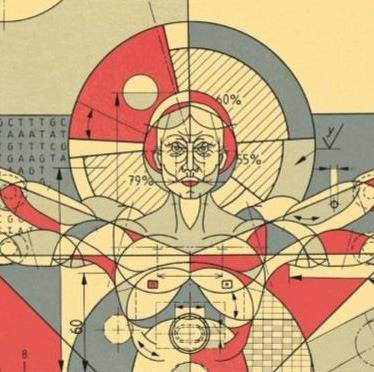
Western societies seem to be facing a growing crisis of confidence in science. Nowhere is this more evident than in the US. According to the latest data from the Pew Research Center, 27 per cent of American adults have little or no trust in scientists “to act in the best interests of the public”. And just 57 per cent say science has had a “mostly positive” impact on society.
However, when you dig into the data, a key aspect of the story is the growing polarisation of perspectives, a trend that accelerated during the Covid-19 pandemic. In the US, this polarisation has largely followed party lines. The proportion of Republicans who say they do not trust scientists nearly tripled between April 2020 and October 2023.
Here in the UK, the picture looks slightly better for scientists. According to research from the University of Bath, overall trust in science among Brits has increased since the onset of the pandemic. But it had a similar polarising effect: for those who already trusted science, the pandemic response confirmed that view, while those inclined to suspicion were pushed further in the opposite direction.
Attacks on science were already taking place before the pandemic, particularly in politically charged areas such as the state of the climate. In late 2019, the New York Times reported that, under the Trump administration, “political appointees have shut down government studies, reduced the influence of scientists over regulatory decisions and in some cases pressured researchers not to speak publicly.”
During the pandemic, populist politicians and heads of state, such as Trump and then-president of Brazil Jair Bolsonaro, openly rejected the scientific consensus. In the UK, Conservative MP Huw Merriman voiced a disturbingly common view that the government needed to “get a grip of our scientists ... It’s time we stopped hiding behind the science, which keeps changing, and we focus on the fact that we [as politicians] are in charge.” Changing public attitudes towards science can be seen as part of a broader loss of trust in institutions in the UK, alongside the political attacks on “experts” that began during the lead-up to the Brexit referendum and continue today.
The decreased trust in science will not be easy to reverse. It relies, at least in part, on the political and social context (the situation will not be helped by the possible return of a Trump presidency). But there is also work that the science community can do. Communication is important. But, as the authors of the UK study point out, simply sharing knowledge is not automatically followed by trust. It must also be built through outreach and conversation.
This article is from New Humanist's spring 2024 issue. Subscribe now.

